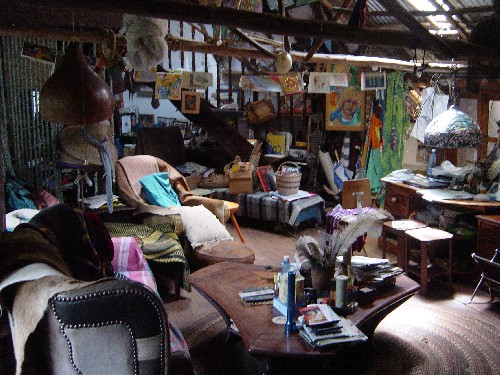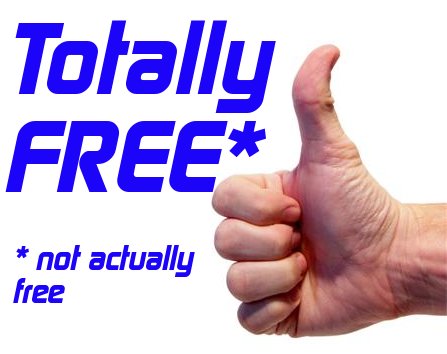As an appraiser, I have to understand the definition of Fair Market Value (FMV). As confusing as FMV can sometimes be for the professional, I can imagine how convoluted it must be for the lay person.
Under the United States Treasury regulation 1.170-1(c), Fair Market Value is defined as:
The price at which the property would change hands between a willing buyer and a willing seller, neither being under the compulsion to buy or compulsion to sell and both having reasonable knowledge of relevant facts.
That definition simplified everything, didn’t it? I think not.
For someone who does not understand that definition and all that it implies, it can be left up to their own imaginations to fill in the blanks and specifics, which can be a very bad thing. The person who does not understand will conjure up crazy, inflated “values” that are not values at all; they are merely asking prices they found online. This is NOT Fair Market Value.
If you are at an estate sale and you and the seller exchange $20 for an item, and neither of you are being forced into this exchange, that $20 is the FMV for that day and moment. If both you and the seller have all the basic facts, the item is a flat screen TV that works and you agree on a price, and you are not being forced to buy or sell, it was a mutually agreeable transaction. This is Fair Market Value.
Let’s talk about other things that are NOT Fair Market Value:
- It is not what you paid for an item (most people pay high retail and not FMV).
- It is not wishful thinking. True values are arrived at with careful research and methodology.
- It is not family lore. We know the stories of how “valuable” mom always said an item was, but that is not fair market value. Many of our older moms may not understand how very different things are today, or why younger women have little interest in their prized possessions.
- It is not outdated appraisal values that were probably written for insurance purposes or in a much healthier market.
- It is not what you think it should be, nor the amount of money needed to pay bills.
- It is not the asking price you see on a similar item on the internet or Ebay. Asking prices are just asking prices. We’re interested in what it actually SOLD FOR.
- It is not based on sentimentality (how much you, or a loved one, cherished it).
- It is not about how old it is or how long you’ve had it. “Old” doesn’t necessarily mean it has value.
Everybody seems to have their own idea of fair market value, but very few I hear about are actually “fair.” At the end of the day, the market is what it is. All we can do is our very best to educate our clients, even if they don’t want to hear what we have to say.
Bottom line: An item is worth what someone will give you for it. Always enlist the help of a professional to guide you through, when you don’t have the answers.
©2014 The Estate Lady®
Julie Hall, The Estate Lady®, is the foremost national expert on personal property in estates, including liquidating, advising, and appraising. http://www.TheEstateLady.com She is also the Director of American Society of Estate Liquidators®, the national educational and resource organization for estate liquidation. http://www.aselonline.com.
No part of The Estate Lady® blogs, whole or partial, may be used without Julie Hall’s written consent. Email her at Julie@TheEstateLady.com.




